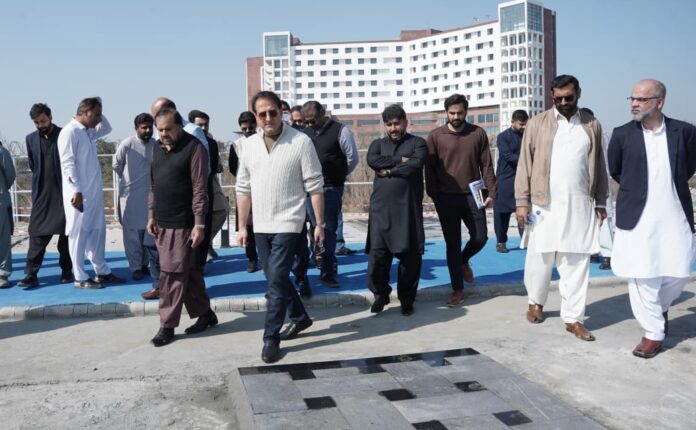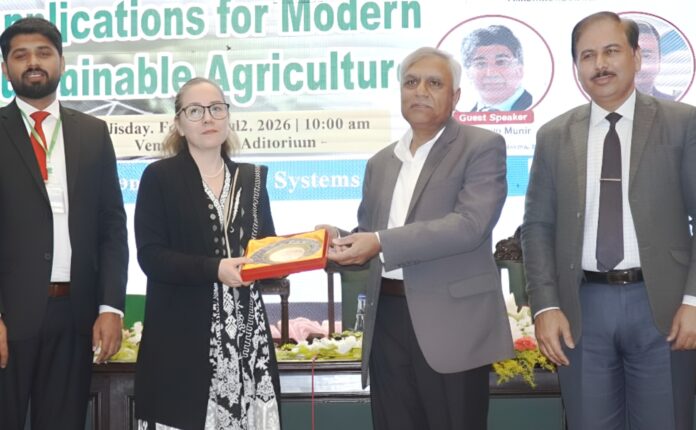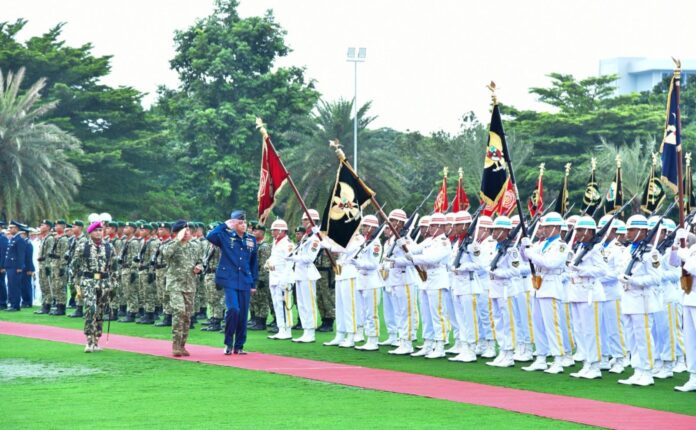The federal government of Pakistan’s recent decision to ban the PTI has drawn opposition from other political parties, who see the move as a grave affront to democracy.
It is to be noted that the federal government has decided to file a review appeal against the Supreme Court’s decision on reserved seats and ban Pakistan Tehreek-e-Insaf (PTI).
Federal Information Minister Atta Tarar has announced plans to file an appeal in the Supreme Court against the ban on PTI and some constituencies.
Jamaat-e-Islami
Liaquat Baloch, the acting Ameer of Jamaat-e-Islami, condemned the government’s decision during a press conference in Mansoorah, calling it a “mockery of the constitution, democracy and the parliamentary system”.
He criticized the government for what he called “negative politics” and argued that the controversial and unrepresentative government had no right to ban any political party.
Baloch emphasized that such undemocratic tactics pose a significant threat to the constitution as well as democracy in Pakistan. He warned that the announcement was likely to lead to increased instability and negative consequences for the country.
Reacting to the government’s decision to ban PTI, Rehman said, “There is no room for such decisions in democratic societies. In this country there is both a constitution and courts.”
He dug into the government and said: “Only political parties with a dictatorial mindset can think like this.”
Jamiat Ulema Islam
Maulana Fazlur Rahman, head of Jamiat Ulema Islam (JUI), has said that to resolve the ongoing political crisis, the establishment must distance itself from politics. He emphasized that the use of force against political entities will only deepen the existing unrest.
He called on the authorities to recognize that the current hybrid system has failed and insisted that the key to solving the nation’s problems lies in holding transparent elections.
Awam Pakistan Party
Former Prime Minister and convener of Pakistan Awam Shahid Khaqan Abbasi reacted to the government’s announcement to ban Pakistan Tehreek-e-Insaf (PTI) during a recent press conference.
Abbasi noted that while the PTI founder may have made mistakes, repeating those mistakes could escalate tensions, especially on Article 6, which could have far-reaching consequences. He argued that the government had no power to ban a political party.
Instead of promoting unity, he accused the government of sowing division and asked: “Which way are you leading the country?
Qaumi Watan party
The Qaumi Watan Party has condemned the government’s decision to ban the Pakistan Tehreek-e-Insaf (PTI), terming it as apolitical and undemocratic. Aftab Sherpao, chairman of the Qaumi Watan party, warned that such actions would lead to increased political instability in the country.
In his statement, Sherpao stressed that the ban could ignite political chaos that would be detrimental to Pakistan. He warned that hasty decisions rarely lead to positive results and argued that the political opposition should remain on the political stage.
Balochistan National Party (BNP)
Noting that the banning of political parties is not a new phenomenon, he recalled that the Awami National Party was similarly banned in 1973. Mengal stressed that such measures do not address the underlying issues.
He criticized the government’s apparent confusion following the Supreme Court decision, arguing that if there was to be a crackdown, it should apply to all political parties equally. Mengal lamented that politicians have not learned from past mistakes and stressed the need for a more deliberate approach to policy issues.
Human Rights Commission of Pakistan
The Human Rights Commission of Pakistan (HRCP) has called for the immediate withdrawal of the government’s ban on the Pakistan Tehreek-e-Insaf (PTI). In a statement, HRCP Chairman Asad Iqbal Butt stressed that the PTI was a legitimate political party and warned that the ban could lead to significant political chaos and violence.
Butt said the government’s decision dealt a serious blow to democratic principles and potentially fueled widespread political frustration. He emphasized that the ban was a clear violation of the rights under Article 17 of the Constitution and called it unconstitutional. The HRCP demands that the government immediately reverse this decision to uphold







